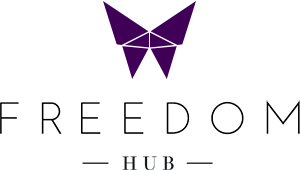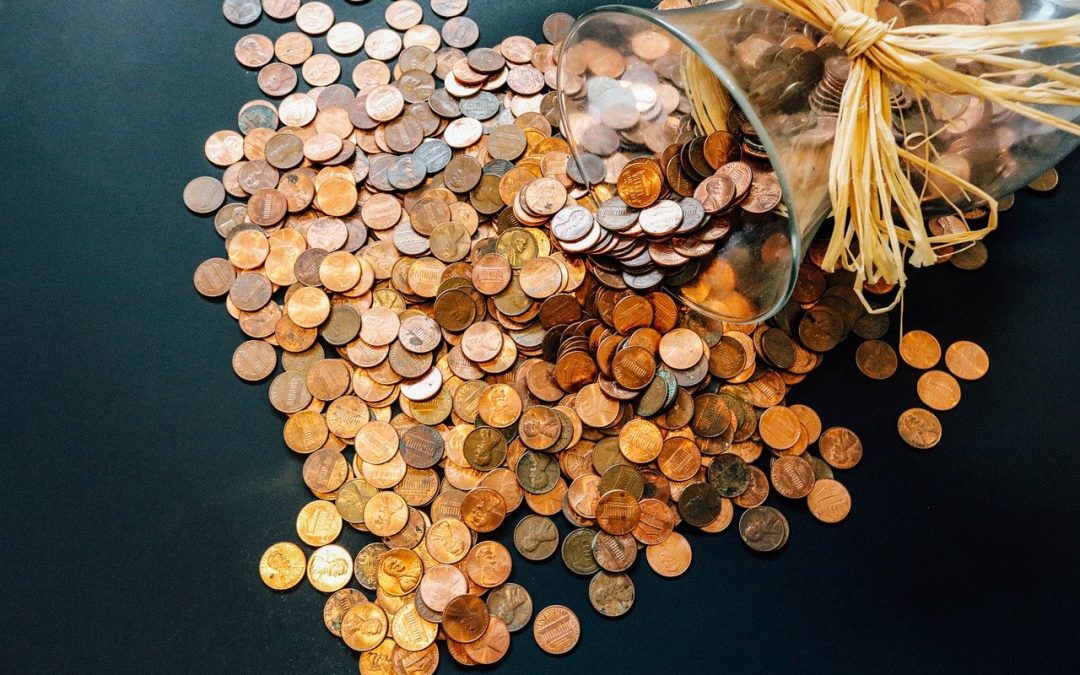Millions across NSW, the ACT and Victoria are enjoying the end of COVID-19 lockdowns. However, for thousands of others across Australia, freedom won’t come as easily. The Global Slavery Index estimated that in 2016, around 15,000 people were living in conditions of modern slavery in Australia. Many of these people are victims of debt bondage, forced labour or domestic servitude.
Debt bondage is one of the most common forms of modern slavery. It occurs when a person offers their personal services as security for a debt loaned by an employer. A common feature of this crime is that the employer will then inflate principal debt or interest rates to an unreasonable amount. This makes it incredibly difficult for the individual to pay off their debt.
The United Nations comments on current forms of slavery, “Debt bondage remains one of the most prevalent forms of modern slavery in all regions of the world.”
Other forms of modern slavery in Australia
Walk Free found that migrants are particularly vulnerable to modern slavery, with them being involved in most identified cases in Australia. Migrant and foreign workers often arrive with significant debts. These are then used by migration agents or labour brokers who organise jobs and visas to enter Australia. In 2017, the ABC Reported that there were Pacific Island Workers who had worked for six months with no pay on a banana plantation. They had been told this was because their pay was to be used to cover the costs of a TAFE Course, although this had already been offered as part of their job package.
Walk Free has also found that some Australia industries are considered to be high risk for modern slavery situations. This is inclusive of forced labour and debt bondage. Debt bondage is seen in industries such as agriculture, construction, domestic work, meat processing, cleaning, hospitality, and food services. In recent years there has been an increase in cases in the hospitality, agriculture and construction industries.
Poverty drives many people to seek a better life in countries like Australia. Instead, they are left vulnerable to exploitation
Many people living in poverty in the Asia-Pacific region agree to take on debts in order to gain access to new job markets. This comes with the promise of financial opportunities that can support families back home. People are usually tricked into agreeing to highly inflated debts disguised as something else. This is usually recruitment costs, visa and immigration fees, travel costs, educational fees and living expenses. People often have little objective information by which to assess whether these claimed costs are reasonable. This can be due to illiteracy and/or a lack of knowledge.
People in debt bondage usually end up working for no wages, or below minimum wage, in order to repay those debts. It is not uncommon for these victims to also be subjected to forms of abuse once they arrive in the country.
What you can do to help the fight against debt bondage and other forms of modern slavery?
Fivers for Survivors
Fivers for Survivors Day was on October 18th 2021. It is a key fundraiser for The Freedom Hub, an organisation which works to end modern slavery. We are taking donations toward this until the end of October. The Freedom Hub runs a Survivor School to help victims of modern slavery in Australia build independent lives. This is one day a year that you can mobilise your networks, work buddies and friends to donate $5 or more toward this cause. Join thousands of others on Fivers for Survivors Day and together we can impact ending slavery and helping victims recover.
https://thefreedomhub.org/fivers-for-survivors/
High Tea for Humanity
On the 10th December, (UN Human Rights Day) we are asking people to run a ‘High Tea for Humanity’ in their homes or at work. Or if you live in Sydney you can host your end-of-year celebrations at our High Tea. Click here for info.
Buy ethical
The Freedom Hub’s online store and cafe in Waterloo has ethically sourced products from tea to candles to coffee. Each product has been carefully selected and checked for risk of modern slavery in their supply chain.
You can find other ethical businesses who have made a commitment to human rights through The Freedom Hub website:
https://thefreedomhub.org/ethical-business/directory/
Lobby for transparency and change
Large companies and other entities with revenue of at least $100million are now required to complete a Modern Slavery Statement. The Australian Government’s register of these statements is https://modernslaveryregister.gov.au/
If a company you deal with regularly hasn’t completed a Modern Slavery Statement – let them know that they can do so on a voluntary basis too.
Author: Marcel Savary

